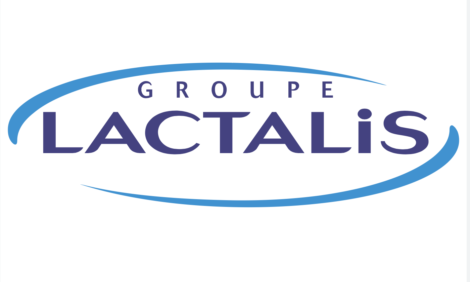



Vermont Farmers Bow to the Power of the Cow
VERMONT, US – A fifth Vermont farm has joined the CVPS Cow Power herd through cooperation with Vermont Electric Cooperative.The cows at Neighborhood Farms in Newport are now making two products for their owners, fresh, delicious milk and clean, renewable electricity – joining cows in Addison, Berkshire, Sheldon, St. Albans in one of the fastest-growing renewable energy programs in the country.
“We’re excited to be online and generating a new income stream,” said Matthew Maxwell, part of the third generation of the Maxwell family at Neighborhood Farms. “If not for CVPS Cow Power™ we wouldn’t be doing this. The program provides solid financial benefits while helping us make tremendous improvements to our manure management. CVPS Cow Power™ and the customers who enroll help make projects such as ours a reality.”
* "These projects are an important part of our efforts to develop renewables right here in Vermont" |
|
CVPS President Bob Young
|
The farm was started in 1957 by Maurice and Lois Maxwell, who now share ownership with their four sons: Stewart, Bradley, Anthony, and Jeffery. Grandson Matthew also works on the farm in a management position.
There are 850 milking cows with an average of 750 milking at all times. The farm, the smallest CVPS Cow Power™ producer, has won several farm management awards, including being named 2003 Vermont Dairy Farm of the Year by the University of Vermont.
Neighborhood Energy LLC is a newly created partnership between Bradley, Stewart, Jeffery, Anthony and Matthew Maxwell that will produce energy with an anaerobic digester and generator installed at the farm site. Construction of the digester began in March.
The farm is in the Vermont Electric Cooperative’s service territory, which worked with CVPS and the Maxwells to make the project a reality. VEC will purchase the farm’s electrical output and CVPS will purchase the renewable energy credits and related environmental attributes associated with the farm-based generation. CVPS Cow Power™ agreed to purchase the credits and all associated renewable attributes for 4 cents per kilowatt-hour.
“VEC is pleased to be able to extend the benefits of Cow Power to the Maxwells,” VEC Chief Executive Officer David Hallquist said. “All of VEC’s members and the environment benefit from this joint arrangement, built through cooperation between VEC, CVPS and the Maxwells.”
The project is expected to produce about 1,750,000 kilowatt-hours annually, which CVPS President Bob Young called an important addition to the program. “We are committed to renewable energy development, and these projects are an important part of our efforts to develop renewables right here in Vermont,” Young said. “Each successive farm that joins Cow Power gives more credence to our belief that Vermont dairy farms can play a significant role in meeting Vermont’s energy needs in the future. We hope to supply 4 to 5 percent of our load with Cow Power within 10 years.”
The Cow Power process is simple: manure and other agricultural waste are held in a sealed concrete tank at the same temperature as a cow’s stomach, 101 degrees. Bacteria digest the volatile components, creating methane and killing pathogens and weed seeds. The methane, which is roughly 20 times more harmful than carbon dioxide in trapping heat in the atmosphere, fuels an engine/generator.
CVPS customers can choose to receive all, half or a quarter of their electrical energy through Cow Power, and pay a premium of 4 cents per kilowatt hour. It goes to participating farm-producers, to purchase renewable energy credits when enough farm energy isn’t available, or to the CVPS Renewable Development Fund. The fund also provides grants to farm owners to develop on-farm generation. CVPS provide Neighborhood Energy a grant of $100,000 to help underwrite start-up costs through its Renewable Development Fund.
“These projects may need a little help getting started, but they have performed remarkably at every farm in the program,” Young said. “They are among the most reliable generators in our system.”
TheCattleSite News Desk


